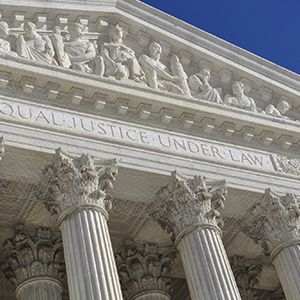Divorcing couples in New York often find it challenging to divide their property. They may need to go to mediation or ask a judge to rule on certain decisions, such as who gets to keep the family home. A significant portion of your property will be marital assets that are subject to equitable distribution rules in your New York divorce.
However, both you and your spouse could also have certain property that you won’t have to share with one another. Your separate property is usually not at risk of division in a New York divorce. What assets might constitute separate property?
What you owned prior to marriage
Your pre-existing resources are typically your separate property. Both you and your spouse theoretically retain sole ownership over whatever you owned before you got married.
However, it is quite common for spouses to share access to and control over their property, which can lead to claims of commingling. Unless you carefully maintain certain assets as separate in the divorce, your spouse may have grounds to claim that your commingling gave them an interest in those assets.
What you inherit or receive as gifts
Maybe your parents annually give you the maximum amount of money they can without triggering federal gift taxes as part of their broader estate plan. Perhaps someone in your family died during your marriage, and so you received ownership of their business, their real estate or certain other valuable assets.
Although commingling is also a risk with inherited property, if you maintain it separately, your inheritance and the gifts that you receive during the marriage aren’t necessarily part of the marital estate.
Anything you protect with a marital agreement
Sometimes, spouses negotiate to protect specific property before they ever get married. If you decide to prenuptial agreement, you don’t have to worry about sharing any of the assets that you designated as separate.
The same may be true if you negotiated a postnuptial agreement with your spouse because you knew you were about to inherit certain property or had concerns about their misconduct and how it might affect your finances. Those with marital agreements can typically protect certain assets as separate property that is not subject to division and may also benefit from having clear standards regarding the division of their other assets in the divorce.
Understanding what is vulnerable in property division proceedings and what you can protect as separate will be an important part of establishing expectations for your upcoming divorce.



